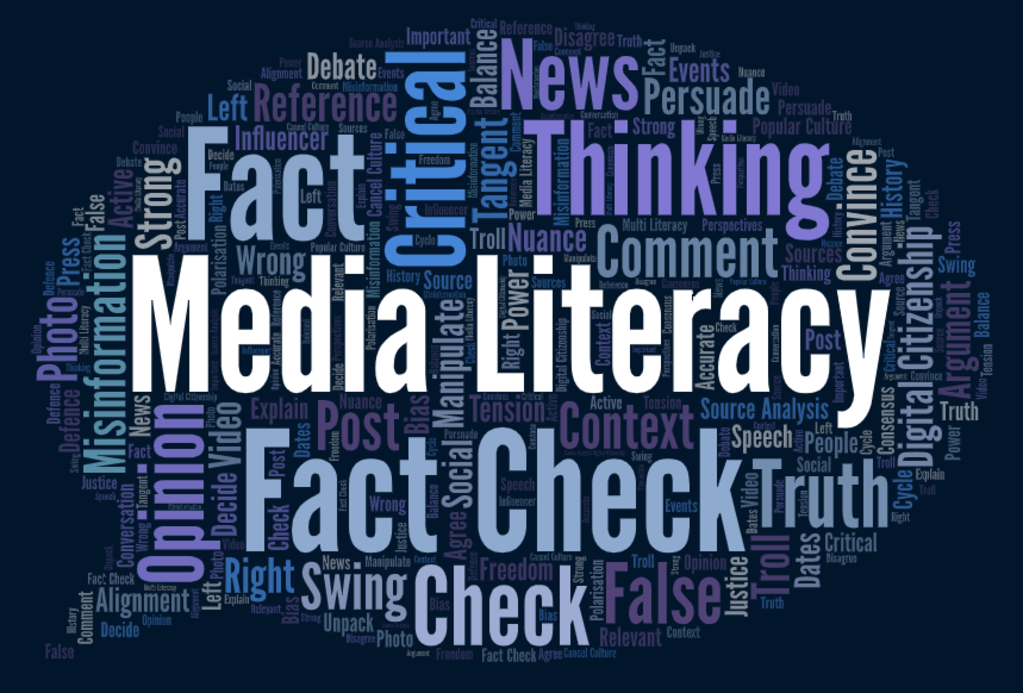Critical Thinking and Media Literacy
We have always been told that the internet is like a great sea, where we navigate in search of knowledge, entertainment, ways to communicate with others and information in general.
But you have to know that this is a wide world where different criticisms are found, it is not a quiet place, we can find dangers of all kinds, scams, false information, computer viruses, even other people whose purpose is to make others feel bad just for fun.
That is why it is important to be very well informed about these dangers, to know how to avoid them when navigating this infinite sea so as not to run into difficulties in our life goals or in general. Media literacy is the ability to access, analyze, evaluate, and create media in a variety of ways.
Just as more than two hundred years ago people could not trust everything that was published in the newspapers, today we cannot trust much of what circulates on the Internet.
Thanks to new technologies, we currently have an enormous amount of information.
But you have to be very careful, because in addition to useful and truthful information, we find a lot of useless, false and even dangerous information. Above all, new Internet users should be careful, as they may believe a strange or sensational news story simply because it appears on the Internet or because it was sent to them via email by a friend.
Therefore, when we connect, let's do it with a critical attitude. Before giving credit to any information, let us ask ourselves:
1) Who is the author and what authority does he have?
2) What are the possible intentions and prejudices of the person who has placed the text on the web?
3) Are the sources and bibliographical references indicated?
4) Is the data up to date? Is the data up to date?
Paul's advice to Timothy remains as applicable today as it was yesterday.

Comentarios
Publicar un comentario